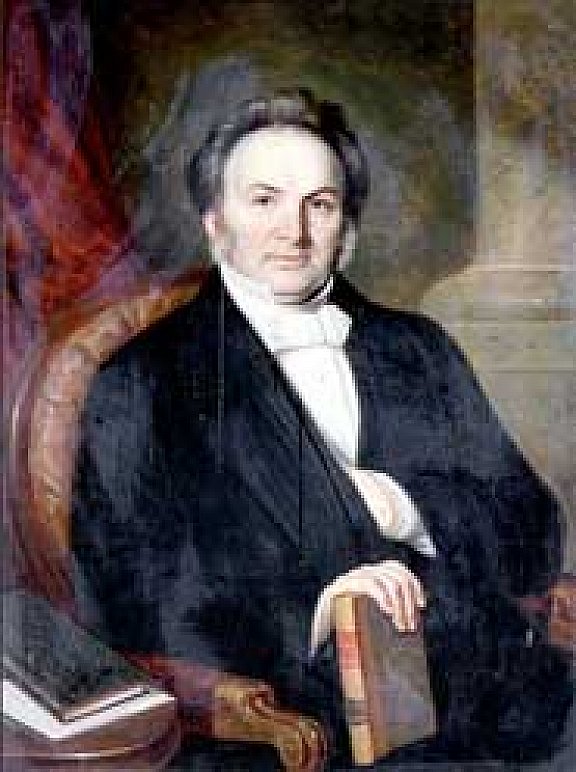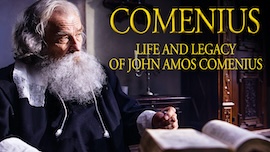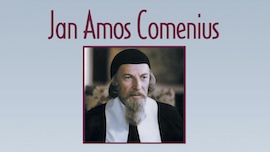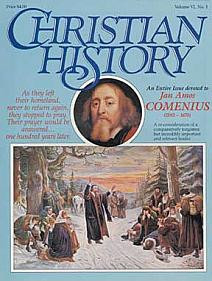Egerton Ryerson Infused New Life into Canada's Schools

This Methodist circuit rider became Canada's leading educator.
THAT EGERTON RYERSON was born in Canada was owing to the British loyalism of his father. A resident of colonial New Jersey, the elder Ryertson served as an officer in the British army. Following the American Revolutionary War, he was granted land and a pension in Canada, where on this day, 24 March 1803, Egerton Ryerson was born. His father’s military character left an imprint on him, but even more so did the prayers and tears of his devout Methodist mother.
When he was twelve, Egerton trusted his soul to Christ. As a result he enjoyed tremendous relief from his sense of guilt. He learned every kind of farm work as he grew older and demonstrated a great capacity for it. At fourteen, though, he seized an opportunity to study with two professors of English grammar, and showed such zeal that he was asked to fill in for one of the men who became sick. Wishing to further his education, he placed himself for a year under John Law, a lawyer, to study the classics, but he worked so hard his health broke. His mother nursed him, but his doctor pronounced his case hopeless.
As he lay in bed, Ryerson offered himself to the Lord for whatever use he had for him, should he recover. His mother came in, saw his face was altered and exclaimed that he would get better. Ryerson did, and he continued to study as opportunity allowed while assisting his father on the farm. At eighteen, he joined the Methodist church. His Anglican father did not appreciate this—two sons had already become Methodist preachers. So he gave Ryerson an ultimatum: leave the Methodists or leave home. Ryerson left the next day. But so great was his respect for his father that as soon as he found work as a teacher he hired a man to help on the farm in his place, paying him from his own small income.
Two years later, Ryerson’s father abruptly appeared and asked him to return home. Ryerson agreed, helping on the farm for another year before once again striking out on his own. Like his brothers, he became a Methodist preacher, writing his sermons on horseback as he rode his circuit. Ryerson objected to Canadian law which forbade Methodists from marrying couples or receiving funds from lands set aside for clergy support, despite being the largest denomination in Canada. He rose to national attention when he replied in print to an article ridiculing his church. As a result, he was asked to edit the Methodist Christian Guardian, which he built into a significant paper. He did not lay down his pen until all Canadian churches received equal rights.
Ryerson also continued his work as an educator. He was the first principal of Victoria College, Toronto. In 1844, friends arranged his appointment as Chief Superintendent of Education for Upper Canada. From that post, he revolutionized Canada’s educational system and laws. His major innovations included funding elementary education, placing libraries in every school, educating teachers, creating a central textbook press featuring Canadian authors, and securing land grants for universities. Under his system, elementary public schools taught the basic doctrines of Christianity.
Egerton Ryerson died in February 1882, leaving an indelible imprint on Canada. In the twenty-first century, however, his legacy became controversial because he had removed Native American children from their families to educate them. Twenty-first-century authorities renamed buildings that had been named for him and in other ways erased his former honors.
—Dan Graves
----- ----- -----
Before Ryerson, Comenius was also one of the world's great Christian educators. His story is available as a docudrama,
as a drama filmed in his native land,
and in Christian History # 13 Jan Amos Comenius
Comenius can be purchased at Vision Video








